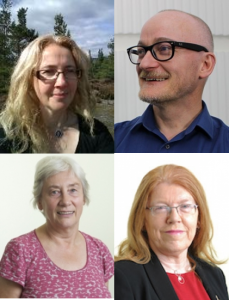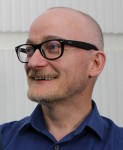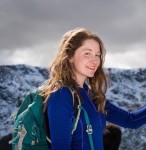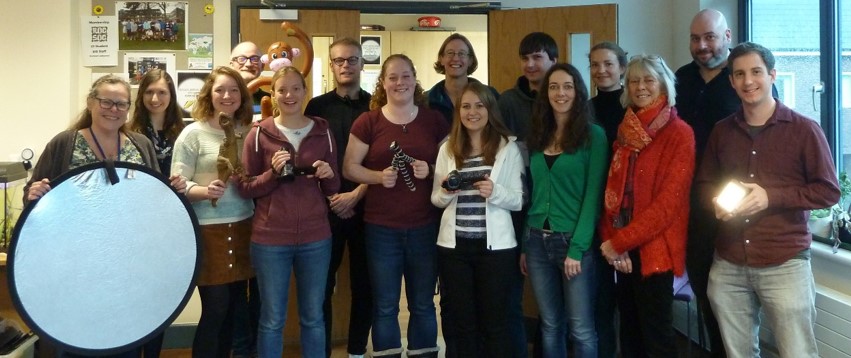
Andrew Smith, The Open University.
Since early January 2017, the School of Computing and Communications (represented by Senior Lecturer in Networking, Andrew Smith), the Open Media and Informal Learning (OMIL) Unit and the Open University’s Development Office have all been working with Cisco on a sponsored project to create content about computer networking for teachers (and school children). The content covers the national curriculum ‘computing’ domains of computer hardware and network engineering.
The resources are hosted on OpenLearn Create – the creative commons portal of the OpenLearn MOOCs.








